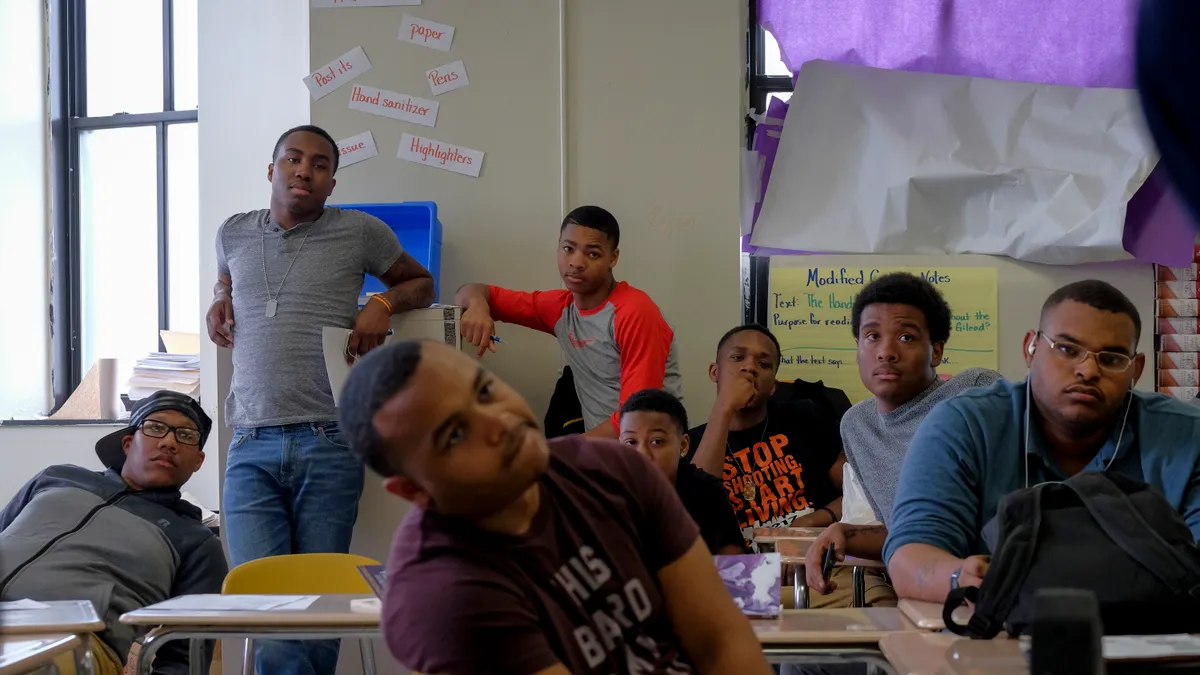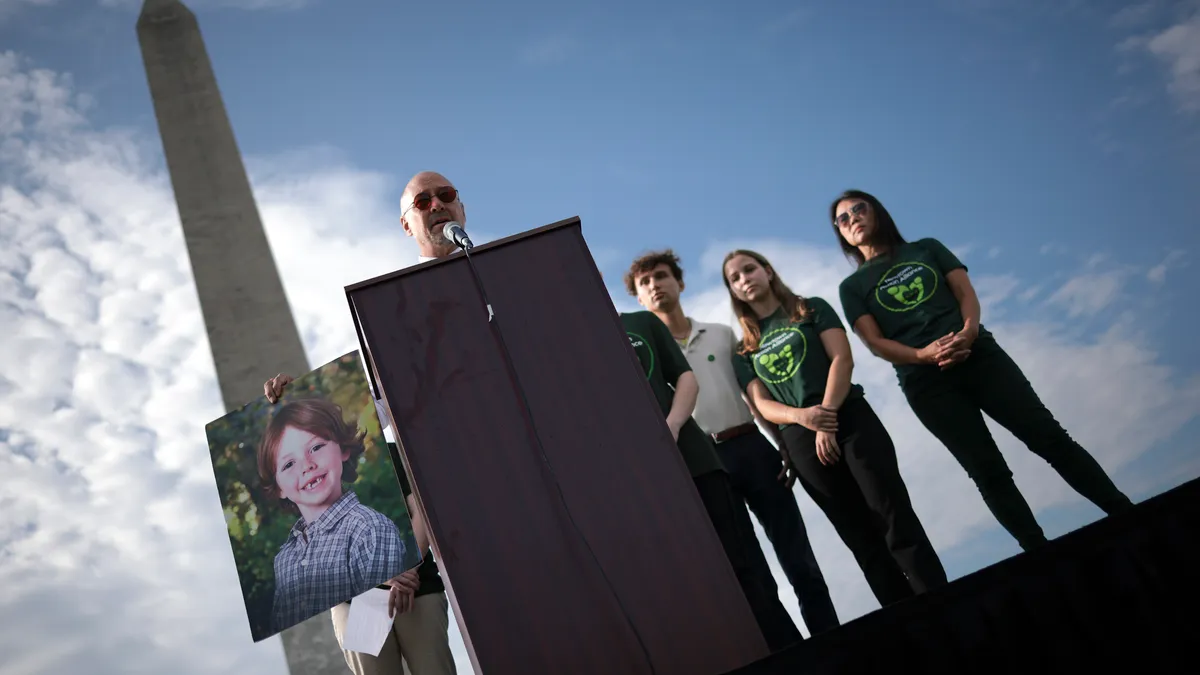Dive Brief:
- Six Baltimore City schools — five high schools and one middle school — were found to have not a single student who scored proficient in math or reading in 2016, Fox45 News reports.
- One student interviewed by the station said he believes students aren't passing the state assessments because the material on the tests is not covered in class.
- Data shows that despite maintaining one of the country's highest per-pupil spending levels, a recent study out of Harvard University found Baltimore to have the lowest rate of mobility out of poverty in the country, a statistic tied directly to education as much as it is economic opportunity.
Dive Insight:
The news in Baltimore again underscores the debate over the impact of funding on school quality. Some say the education level of adults and parents in the district is the greatest determinant of student achievement, while other research has found a direct correlation between school funding and student graduation rates. And with Baltimore City Public Schools out-spending both Howard and Montgomery Counties in the state — both perennial exemplars in student achievement — questions loom over exactly where the money is going in Baltimore.
For one, the distribution of wealth in the city is highly concentrated. And as one of the first cities in the country to enact legal racial segregation, the neighborhoods — and thus the schools — remain highly segregated generations after the laws were overturned. A 2009 study out of Loyola University found that despite a mayoral moniker that Baltimore is "the city that reads," "in a city of over 700,000, an estimated 200,000 adults were considered functionally illiterate.”
But a bigger problem highlighted by the student's interview is the rigor of courses in the city's failing schools. In Montgomery and Howard Counties, even general education is highly focused on test preparation. In the schools in question in Baltimore, there is very little access to AP or advanced courses, and even the core courses seem to be inadequately preparing students for success after high school. Public libraries in the city have closed, and, according to Baltimore historian and UMUC professor Edwin Johnson, the city "has some of the nation’s most dilapidated school buildings and facilities, and the newest, most technologically advanced prison facilities.” All of these factors combine to paint a picture of how Baltimore, like many big cities in this country, is failing its most vulnerable population and perpetuating socio-economic inequality.






 Dive Awards
Dive Awards





